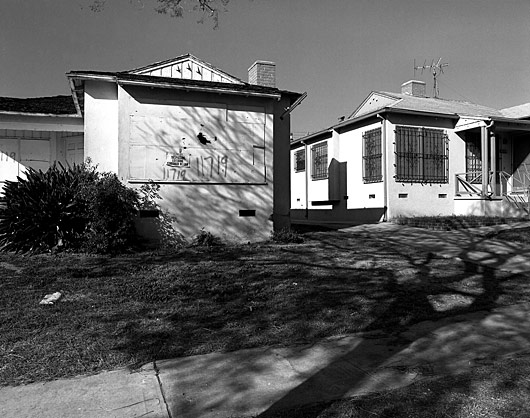For many low-income workers, securing a decent hourly wage is the holy grail. Unfortunately, collecting on that promised wage all too often becomes a battle they are forced to fight alone, usually with no hope of recovering the lost pay. Last month, two members of City Council, Paul Koretz and Gil Cedillo, along with the Los Angeles Coalition Against Wage Theft, revived a push to create a citywide ordinance that would protect workers from the most common ways businesses cheat them out of money they’re owed.
SCOPE is proud to have helped this group of community organizations make the necessary inroads to push this important legislation by sharing SCOPE’s strategies to identify and communicate with decision-makers, key influencers, and community members to build power. We call this process a Power Analysis, a longstanding tool for understanding how power works. For starters, our tool asks users to find answers to tough questions. Who has power? What is the overall agenda of those who have power? And how can a shift in power affect the problems and conditions we face in our communities?
The foundation of fighting for equitable employment practices lies in understanding how that imbalance plays out between workers and employers, and knowing how to dismantle it.
Wage-theft includes failing to pay minimum wage, forcing workers to miss breaks and meal times required by labor laws, ignoring overtime rules, and illegally deducting work-related costs from pay checks (such as uniforms). Los Angeles lags behind other smaller cities such as Chicago and Seattle in adopting such legislation. “And this is despite the fact that there are more wage-theft violations in LA than in other cities, partly because we’re the epicenter of the low-wage industry,” says Tia Koonse, legal and policy research manager at the UCLA Labor Center.
Some of the jobs that fall within that category aren’t a surprise at all since those workers aren’t properly protected by the law to begin with: day laborers, garment workers, and even domestic workers, despite a spate of recent legislation that has put some basic protections in place in several states across the country, including California. But others, such as teachers’ aides, custodians, and transportation workers are also frequently victims of wage theft. In fact, in LA County, a fifth of the workforce last year did not receive minimum wage.
Los Angeles’ ordinance was written by the organizations that comprise the LA Coalition Against Wage Theft, modeled after legislation that passed in New York City, and mirrors similar language that was put before City Council in 2009. “Unfortunately, there was no action for five years,” Koonse says. The would-be law criminalizes wage-theft violations, and also puts into place corrections such as the loss of licenses and registrations, and the imposition of fines.
However, the biggest obstacle to fair pay isn’t actually issuing state judgments against employers. It’s incredibly difficult to collect payment once a business is found in violation of the law. Many simply close up shop without paying. To rectify this, the new ordinance includes language that would allow workers to claim a lien at the beginning of the collections process—an action that generally forces business owners to settle rather than pay costly legal fees over many years.
The motion to write the ordinance unanimously passed through City Council on July 1st. The city attorney now has 90 days to submit a draft for official vote. In the meantime, the UCLA Labor Center will convene a large worker assembly on July 29 to discuss the health impact on workers due to wage-theft.













